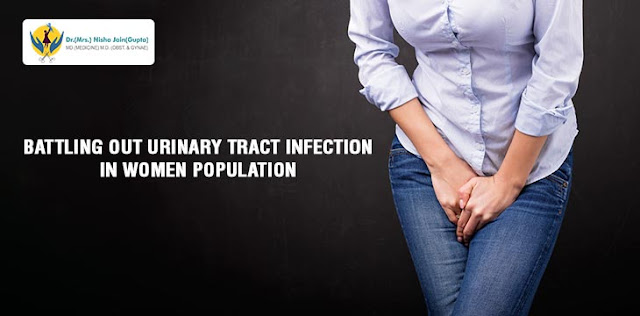Changing Lifestyle & Growing Events Of Infertility
The roadmap to parenthood could be questioning for many people as we all know that pregnancy does not come so easily. There are many couples who seek the help of experts they require because of preconceived fears about pregnancy treatment but there are many couples who are often hesitant or even doubtful about when it’s time to see a fertility specialist and when they visit the clinic or hospital they are often taken aback when they are diagnosed with infertility problem.
Discovering the root cause of infertility is a complicated process and it requires a lot of analysis and inquiries. Extending from the simple and visible problem of cyst, fibroid or hormonal irregularity to a very complicated genetic disorder or even due to some functional hazards like susceptibility to chemical elements or radioactive elements anyone of this condition may lead to infertility.
In the past one decade impotence in both men and women, has grown considerably popular these days and the study suggests that there has been a drastic rise in infertility cases. It is no longer a city phenomenon, nor it is restricted to women as men are also engrossed in this infertility race.
The lifestyle and the problem of infertility have doubled their reach in both the male and female population equally and this impact is more visible in the metropolitan city environment. we start discussing the Growing infertility causes one of the key reasons is found due to the changing lifestyle which has added stress and obesity induced by lack of physical exercise, variations in eating habits and pollution supplemented by medical disorders like diabetes.
Leading Causes Leading To Female Infertility
Here are the list some of the causes of female infertility
Dr Nisha Jain has closely monitored the about female reproductive physiology and has a clarity over the due to its importance in contraception as compared to male physiology. We can divide these causes as follows:
Abnormal Menstrual Periods: if a woman has regular periods referred to as regular menstrual cycles happening in every 21-35 days, it implies that she ovulates regularly. But if there is any irregularity and the condition has not been checked for a long time it may lead to Infertility.
Female over 35 years or older: Female across the world are born with a fixed amount of eggs at the event of birth but these egg numbers decline at a rapid rate as females start aging. After 35 years the chances of infertility in women get more probable as she comes under the high-risk pregnancy category.
Pelvic diseases or sexually transferred infections: Chlamydia or gonorrhea are the sexually transmitted diseases which are often seen to cause inflammation and lasting injury to the fallopian tubes. The appearance of open, functional fallopian tubes is essential for conceiving naturally, as sperm requirement is to progress through the and reach and fertilize the ovulated eggs.
Uterine fibroids that protrude into the uterine cavity and endometrial polyps, can terminate the embryo and the endometrial wall of the uterus to associate to diminish implantation and pregnancy rates. Hysteroscopy is the documented procedure for developing and eliminating the uterine irregularities.
If you are looking for a world class female infertility treatment in Delhi along with reputed state of the art facilities and patient care in India, Dr Nisha Jain a renowned Infertility specialist is passionate and provides the most advanced and specialized treatment for couples suffering from Infertility problems.




Comments
Post a Comment